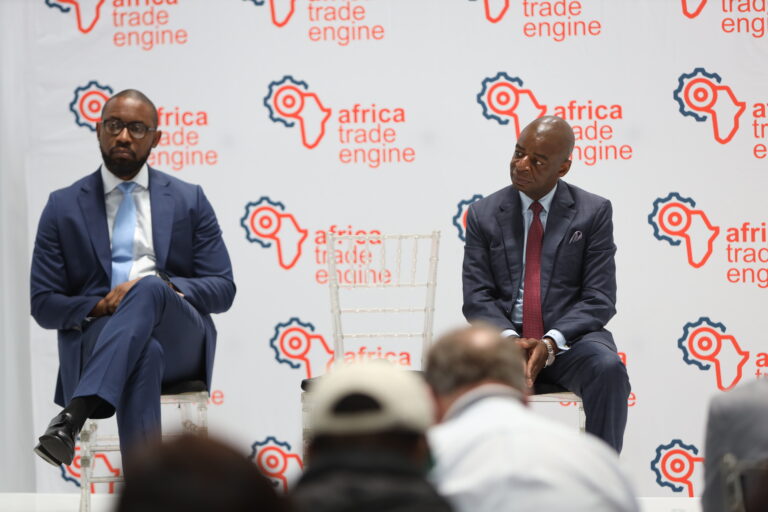Joint venture between TRT Manufacturing and TradeDepot aims to build a continent-wide industrial and logistics network titled the Africa Trade Engine.
Building the Infrastructure for AfCFTA
Contract manufacturer TRT Manufacturing and digital distribution company TradeDepot have launched the Africa Trade Engine (ATE), a private-sector joint venture designed to accelerate the goals of the African Continental Free Trade Area (AfCFTA).
Launched this month, the initiative aims to drive trade and job creation, enable both global and African brands to produce within the continent, and streamline access to regional markets. ATE combines TRT’s industrial expertise, covering product formulation, manufacturing, quality assurance, export packaging, and plant operations, with TradeDepot’s digital distribution infrastructure, market access, and trade data analytics.
A Connected Ecosystem from Factory to Market
The partnership intends to create a continent-wide manufacturing and logistics ecosystem linking regional production hubs from South Africa to Benin, alongside active distribution points in Nigeria, Ghana, and Kenya.
ATE’s model integrates factory facilities with a trade operating system to ensure goods move quickly, affordably, and compliantly across borders. TRT’s Midrand facility in Gauteng will serve as a starting point for contract manufacturing, with more sites planned across Africa. These facilities specialize in personal care, homecare, and food and beverage products.
“We are creating supply chain resilience with regionalized production networks ensuring continuity during global disruptions,” said ATE CEO and TradeDepot co-founder Kachi Izukanne.
ATE will facilitate exports through bonded-trade hubs and regulatory clearance, beginning with localized production of fast-moving consumer goods before expanding into new categories.
Economic and Environmental Impact
The venture seeks to address a $50 billion annual import gap and unlock new intra-African trade corridors. Projections suggest that ATE could retain over $2 billion in value within Africa over the next two years, while saving 250,000 tons of CO₂ emissions annually and creating over 12,000 jobs.
It is also expected to engage 600,000 small, medium-sized and microenterprises (SMMEs)—many of them women-owned—as part of its local supply chain.
“Africa’s shift from import dependency to local production is not just an economic imperative, it’s a job creation and climate game-changer,” Izukanne added.
Measuring Localization and Impact
ATE will introduce a Localisation Africa Index, a benchmark for tracking and rewarding brands that manufacture and source locally. “The Localisation Index will be an accountability framework monitoring how multinational and local brands localize manufacturing, sourcing, and distribution. This will serve as a new environmental, social and governance metric, offering investors and governments a transparent lens into who is truly ‘Made in Africa’,” Izukanne explained.
ATE chairperson Adam Molai added: “The talking is over. ATE ensures Africa’s industrialization, intra-continental trade and sustainable job creation are not future aspirations but operational realities. Built by African hands and powered by African enterprise, ATE transforms trade theory into trade at work – proving that Africa can manufacture competitively, distribute efficiently, and grow inclusively.”
Towards a New Trade Narrative
Speakers at the launch emphasized that ATE seeks not only to strengthen production networks but also to redefine Africa’s trade narrative, from “a colonial construct of conquer and divide” to one of collaboration and intra-continental growth.
By connecting industrial and digital expertise, ATE positions itself as a pioneering platform for AfCFTA implementation, promoting supply-chain resilience, local capacity building, and data-driven trade transparency.
For more stories of trade and business from across Africa, visit our dedicated archives.
